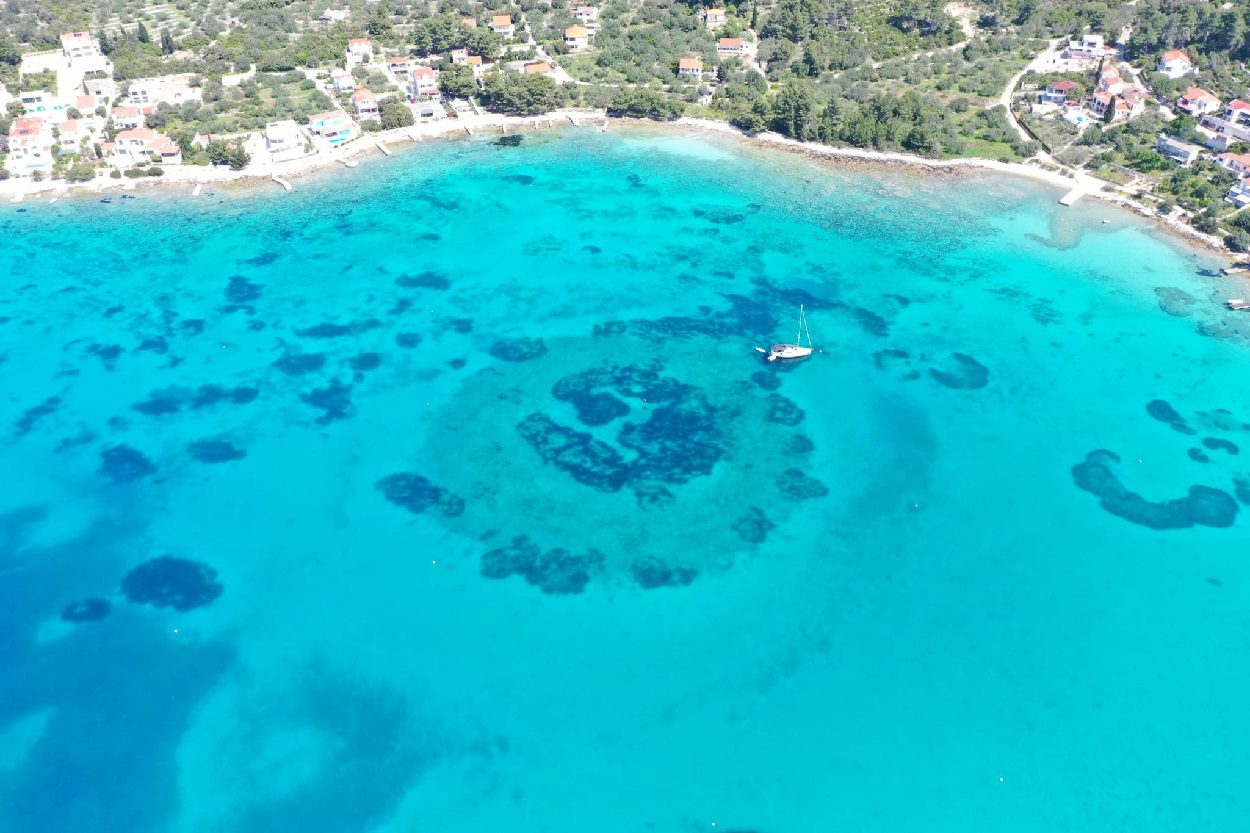That’s fascinating! The discovery of a submerged road from the Neolithic period off the coast of Croatia could provide important clues about the ancient civilization that once existed in the region. The University of Zadar is well-known for its expertise in underwater archaeology, and this discovery is a testament to the skill and dedication of its researchers.

The road is located at a depth of 5 metres in sediment deposits at the submerged archaeological site of Soline, an artificial landmass and Neolithic settlement off the island Korčula.
Korčula is part of an Adriatic archipelago which was originally part of the mainland. After 12,000 BC, the rising sea-level caused by the Earth’s melting icecap began to flood what were then the Dinaric Mountains’ coastal valleys, and by 6000 BC the archipelago had more-or-less attained its current configuration.
The settlement at Soline is associated with the Hvar culture, also known as Hvar-Lisičići culture, which was a Neolithic culture in the eastern Adriatic coast named after the Adriatic Island of Hvar.
Previous excavations at Soline have found the remains of preserved organic materials which have been carbon dated to around 4,900 years-ago.
A recent underwater survey of the site has revealed a four-metre-wide linear road built with stone slabs, which the researchers suggest dates from almost 7,000-years-ago.

The team have also conducted land surveys on the opposite side of Korčula around Gradina Bay, where Igor Borzić from the University of Zadar Archaeology Department, first noticed strange features just beneath the waterline.
This has led to the discovery of another submerged settlement at around 4 to 5 metres with a similar configuration to Soline. An initial inspection of the site has revealed stone blades, a stone axe, and fragments of millstones, again associated with the Hvar culture.
University of Zadar






